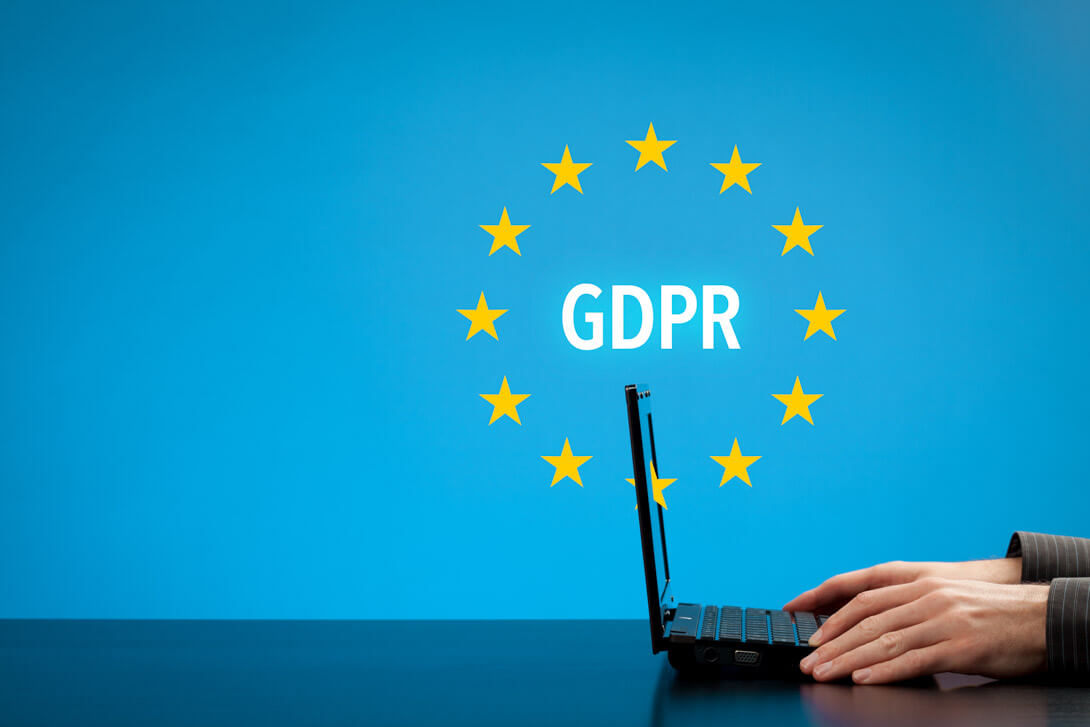On May 25th, 2018, EU general data protection regulation has come into force. Now we are in between a phase for which the Information commissioner’s office is working over the data breach incidents, which are categorized under the data protection Act. This will help in addressing how they will interpret and penalize the leakage under GDPR compliance itself. This blog helps in addressing GDPR and backup solutions so that the company can fulfill its obligations and hence, secure its customer data.
It’s kind of a waiting game and the world of compliance will pay deep attention to it because of the new landscape unfolds. Meanwhile, data security of business and resilience remains a core concern. The important part of this entire scenario is planning for what exactly happens whenever things go in the wrong direction. Either system failure or sudden data exposure results in “moments that matter”, especially for the IT department. Enterprises need to note down one thing that robust strategies should be in their accurate place to regain back data and bring machines back online. But, when officials consider backup and disaster recovery solutions they have to analyze them not only from the business recovery and operational point of view but also from the perspective of GDPR compliance.
Backup and Disaster Recovery – Essential to GDPR Proposition
GDPR comprises two central elements – Business continuity and data availability. Enterprises are assumed to ensure the data integrity, confidentiality, availability, and resilience of processing machines and services. Also, it involves the edict for restoring personal data available and it is used time-to-time within the technical or physical disaster. Therefore, backup and disaster recovery plans are mandatory in businesses, if they are going to enforce GDPR compliance in a correct manner. Definitely, it will provide an effective outcome for the business clients who rely on cloud computing technology for their annual growth. Another core benefit of GDPR and backup strategy is that it enables businesses to continue their work processing, even if in case systems get disrupted or face some issue.
Companies should make it compulsory their policies regarding cloud data security for data handling, managing, and processing on the live platforms. Make sure that data stored in rest mode on the cloud is encrypted at its backup location and strongly secured in transit in an event, which requires recovery. This encryption mechanism is straightforward for industrial online users, as cloud service providers themselves make it their own business. It involves the highest encryption level and physical security for their customers. Object storage is used in business premises in a stronger position because its nature offers more controls and greater accessibility than that of other cloud storage security solutions.
Technical Aspects About GDPR and Backup
As we all know that, most of the GDPR part is about securing personal information when it’s being enforced by an enterprise. But, there are possibilities that the highest element of legislation profile is one that goes further and allows the data subject – the right to be forgotten. Well, this is an essential right for end-users who no longer desire their personal data to be used by enterprises. Do you think that – It is feasible to confidently guarantee that information will be erased not only from the production department but also from the backup machines?
During what time frame could this be carried away in a realistic manner? How is it possible to achieve GDPR and backup without hampering the application integrity, which is dependent on that information?
The above-stated questions are some of the noteworthy issues, which perhaps we cannot solve completely until we have learned the results of a few test cases. Still, there are some aspects that one can consider when they explore the listed problems and these are hugely around maintaining data transparency between data subject and controller.
About Right to Be Forgotten – When this request is encountered, the subject needs to be notified that information might be held in machine backups and ensured that the records are secured with the highest encryption level. The data controller should commit to removing personal information from the backup file within a reasonable time frame. In the case of a recovery event, he or she should state that the records of data will not be returned to the live platform.
Cloud-based backup solutions offer the most flexibility because they are easy in accessing, and data removed as part of scheduled backups. This means that the integrity of interdependent machines would not be compromised at any cost. Cloud service vendors should have the capability of offering advice and strategies to clients to manage the requests of right to be forgotten.
Its Time to Wrap Up
The ability to collect, access, and store client’s data are limitless in today’s date of digitization world. The reality is that the more data a company persists in maintaining, the bigger is the stress for management and more the compliance risk. Now commercial success isn’t dependent on the amount of data you store but, it relies on what you do with it, how you use, store, and manage it, and what are the deletion steps when data is of no use for you. The major issue with business agility and continuity that is usually faced by companies in CyberWorld, is data management and data security. Developing the number of enterprises use the cloud not only for work flexibility but also to scale up the production environment and use advantages of backup and disaster recovery plan offered by CSPs. All these features help in ensuring GDPR and backup so that the company can fulfill its obligations and hence, secure its customer data.

